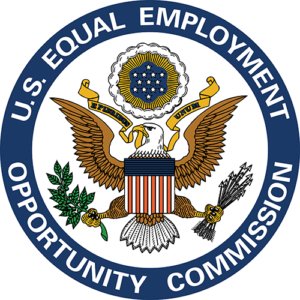
The Eleventh Circuit Court of Appeals recently held that the United States Equal Employment Opportunity Commission (“EEOC”) cannot revive a discrimination claim that is barred by the statute of limitations. See Stamper v. Duval County School Bd., No. 15-11788, 2017 WL 3033148 (11th Cir. Jul. 18, 2017).
In 2007, Stamper filed a charge of race and disability discrimination. On February 26, 2009, the EEOC issued a dismissal and notice of rights (also known as a “right to sue letter”) concluding that it could not establish a violation of the statutes. Title VII of the Civil Rights Act of 1964 and the Americans with Disabilities Act both required Stamper to file a law suit (if any) within 90 days of the right to sue letter. Yet, Stamper did not file suit.
Instead, on July 9, 2011, Stamper filed a request for reconsideration with the EEOC. On December 15, 2011, the agency sent Stamper a “Notice of Revocation,” which attempted to vacate the dismissal of her first charge and revoked the letter terminating processing of that charge. Stamper then filed a second charge of discrimination, and she received a second notice of right to sue on November 5, 2012. Stamper then filed suit within 90 days. A trial court found that her lawsuit was untimely and the Eleventh Circuit affirmed.
The Court relied upon the agency’s own regulations. In particular, 29 C.F.R. § 1601.19(b) allows the EEOC to reconsider a decision to dismiss a charge of discrimination. But, that regulation only affects the 90-day statute of limitations if the EEOC reconsiders within 90 days of its dismissal decision. In short, if the EEOC reconsiders within 90 days, the right to sue is revoked and the statute of limitations is re-set. But, if the EEOC reconsiders after 90 days, the right to sue is not revoked and the statute of limitations is not affected.
In this case, the EEOC reconsidered Stamper’s right to sue more than two years after the fact. As a result, the Eleventh Circuit found that it did not properly revive Stamper’s claims, and affirmed dismissal.








